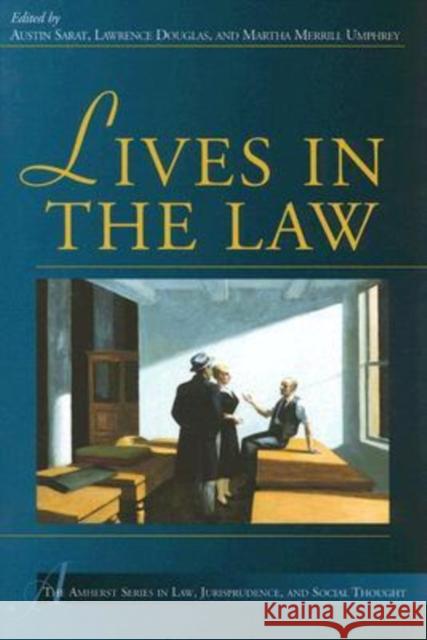Lives in the Law » książka
Lives in the Law
ISBN-13: 9780472031610 / Angielski / Miękka / 2006 / 256 str.
The essays look at the consequences that legal practice has on the lives of its practitioners as well as on the individual legal subject and on the shape of shared identities. These essays challenge liberal and communitarian notions of what it means to live the law.
In the first of the essays, Pnina Lahav presents a study of the Chicago Seven Trial to paint a picture of the law's power to serve as a site for the definition of a collective group identity. In contrast, Sarah Gordon focuses on the experience of an individual legal subject, namely, the defendant in the Hester Vaughn trial, a notorious nineteenth-century case of infanticide. Frank Munger looks at how law constructs the identity of women and explores the strategies by which poor women resist the law's construction of their dependency. In the fourth essay, Vicki Schultz offers a moral vision of equality that straddles the liberal and communitarian positions with her articulation of the concept of a "life's work." Lastly, Annette Wieviorka examines the recent trial of Maurice Papon for complicity in crimes against humanity to reveal how the very identity of a nation--in this case, France--can be defined through juridical and legal acts.
Austin Sarat is William Nelson Cromell Professor of Jurisprudence and Political Science and Professor of Law, Jurisprudence and Social Thought, Amherst College. Lawrence Douglas is Associate Professor of Law, Jurisprudence and Social Thought, Amherst College. Martha Umphrey is Assistant Professor of Law, Jurisprudence and Social Thought, Amherst College.











